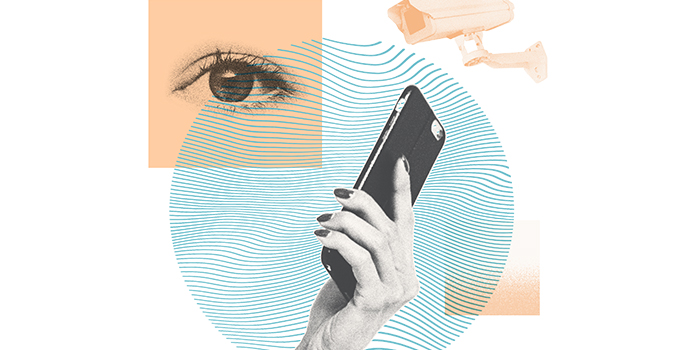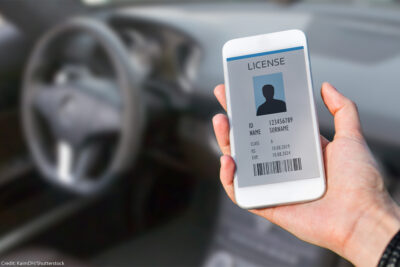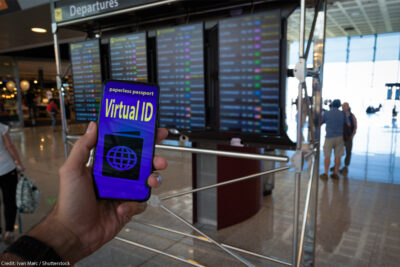National ID
The ACLU works in courts, legislatures, and communities to defend and preserve the individual rights and liberties that the Constitution and the laws of the United States guarantee everyone in this country.

Stay informed about our latest work in National ID.
By completing this form, I agree to receive occasional emails per the terms of the ACLU's privacy statement.
The Latest

State Legislatures Need to Block Creation of Nightmarish National Identity System

TSA Shouldn't Force a Bad Digital ID System on America


Privacy Advocates Challenge MVC’s Plan to Warehouse NJ Residents’ Sensitive ID Records in Massive Databases

China’s Nightmarish Citizen Scores Are a Warning For Americans
Explore More
What's at Stake
For several decades now, proposals to establish a national identification system have periodically arisen. Although they have taken various forms, including a uniform driver’s license system and the E-Verify national employment database, all suffer from the same flaws: They would be ineffective, would provide a new avenue for racial and ethnic profiling, and would create a system of internal passports that would imperil privacy and civil liberties.
The ACLU is at the forefront of the fight to protect basic American values of privacy and the “right to be left alone” in the face of these proposals. We have appeared numerous times in court, before U.S. Congress, and before federal and state government agencies to explain the serious civil liberties concerns with a national ID and to demonstrate that the false sense of security produced by such proposals will rob other, more effective security and counterterrorism measures of needed resources.
The dramatic advances in computing technology over even just the past decade mean that the government has much more power today in collecting, storing, and analyzing information about all of us. A national ID system, especially if linked with other government databases, can paint a picture in fine-grained detail about where we go, who we talk to, where we worship, and where we stand on sensitive political issues, among many other sensitive data points.
As a nation, we live by the principle that the government should not be able to collect such information without cause. A national ID system turns that fundamental principle on its head. We must continue to support basic freedoms and protect against our becoming a country where the government can demand, “Papers, please.”
For several decades now, proposals to establish a national identification system have periodically arisen. Although they have taken various forms, including a uniform driver’s license system and the E-Verify national employment database, all suffer from the same flaws: They would be ineffective, would provide a new avenue for racial and ethnic profiling, and would create a system of internal passports that would imperil privacy and civil liberties.
The ACLU is at the forefront of the fight to protect basic American values of privacy and the “right to be left alone” in the face of these proposals. We have appeared numerous times in court, before U.S. Congress, and before federal and state government agencies to explain the serious civil liberties concerns with a national ID and to demonstrate that the false sense of security produced by such proposals will rob other, more effective security and counterterrorism measures of needed resources.
The dramatic advances in computing technology over even just the past decade mean that the government has much more power today in collecting, storing, and analyzing information about all of us. A national ID system, especially if linked with other government databases, can paint a picture in fine-grained detail about where we go, who we talk to, where we worship, and where we stand on sensitive political issues, among many other sensitive data points.
As a nation, we live by the principle that the government should not be able to collect such information without cause. A national ID system turns that fundamental principle on its head. We must continue to support basic freedoms and protect against our becoming a country where the government can demand, “Papers, please.”
